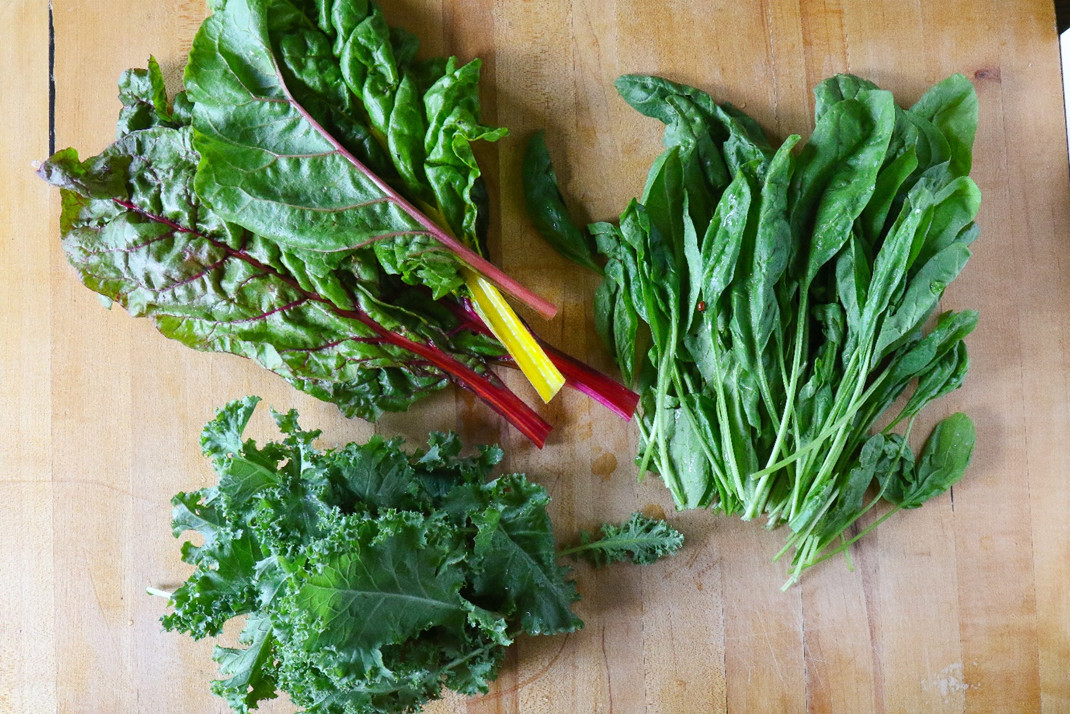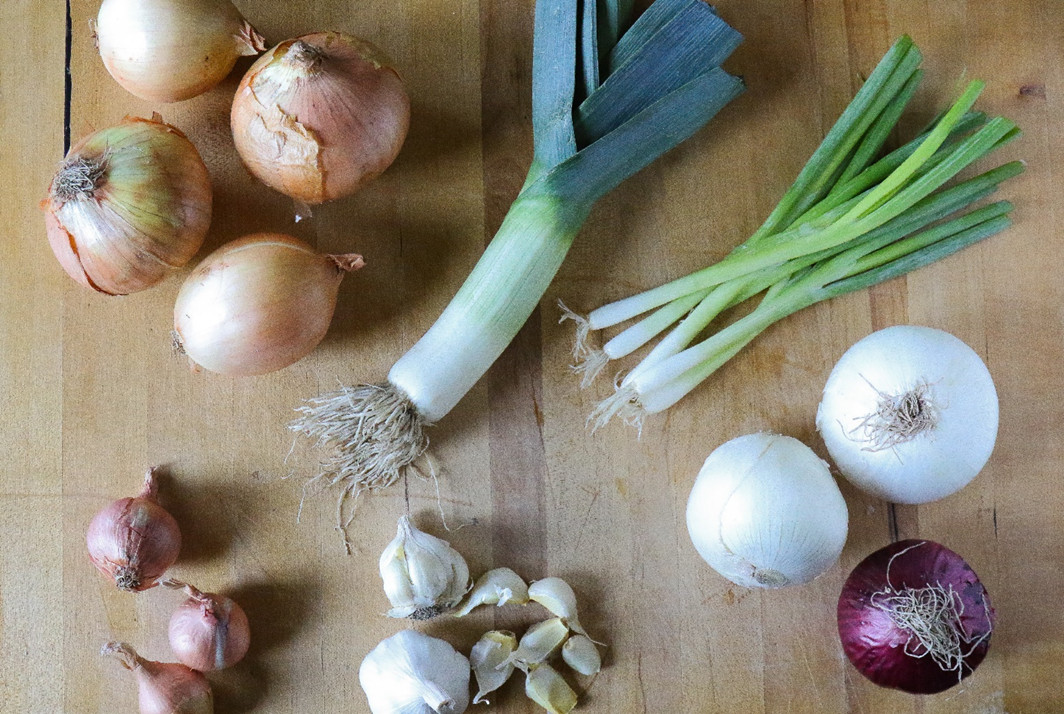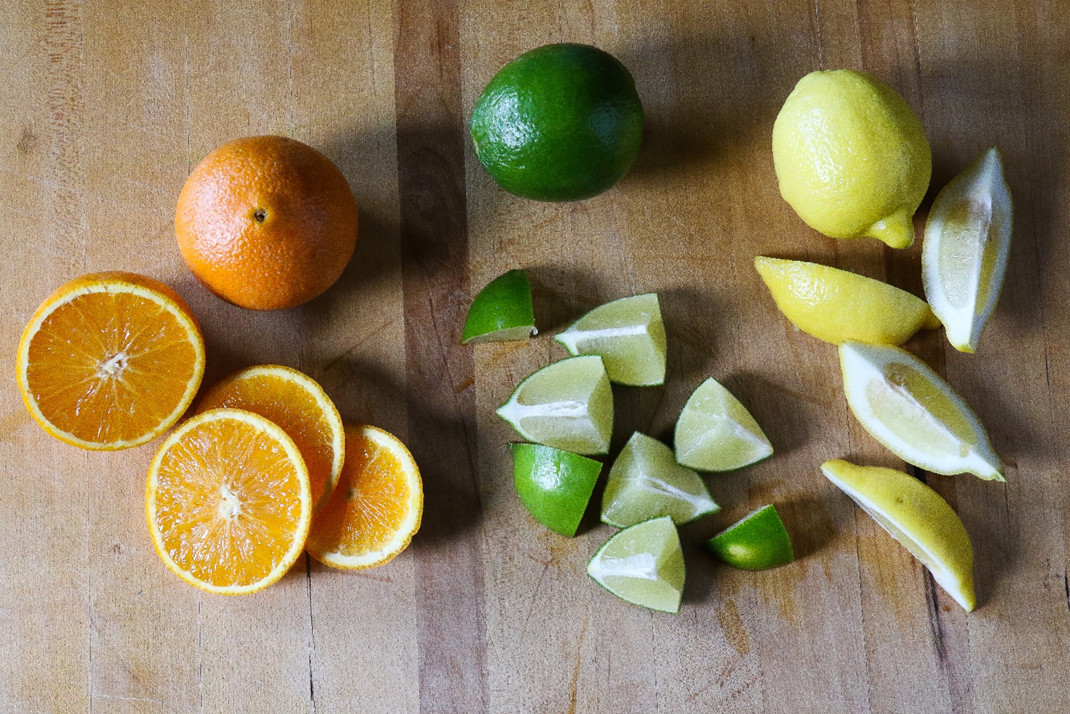What is Culinary Medicine?
At least 80% of all US healthcare costs are rooted in lifestyle and modifiable social risk factors, including poor nutrition, physical inactivity, tobacco and alcohol use, chronic stress, insufficient sleep, and social isolation. As a cornerstone of a healthy lifestyle, the OU Culinary Medicine Program focuses on the health benefits of vegetables, fruits, beans, whole grains, and other plant-based whole foods as the foundation for a healthy diet.
This type of eating pattern is consistently associated with overall longevity and recommended for the prevention and management of many chronic diseases, including cancer, diabetes, and cardiovascular disease. Despite the evidence, many people do not achieve these healthy eating goals. The OU Culinary Medicine research team studies sustainable solutions for promoting healthy food access to those communities that need it the most, while simultaneously teaching people the skills, joys, and rewards of whole foods cooking.










